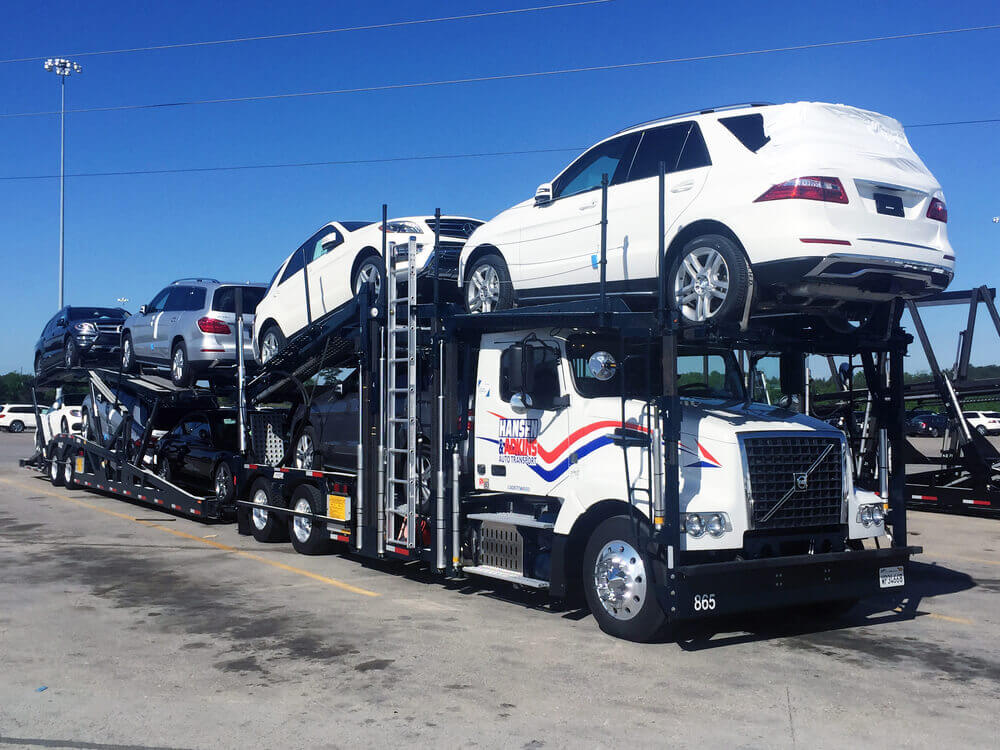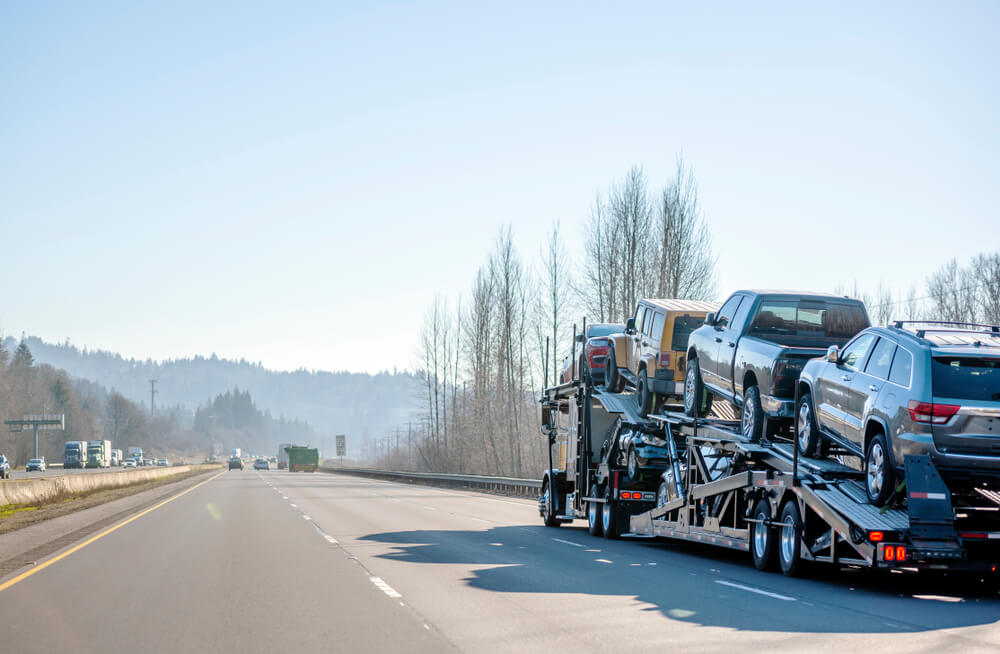
When it comes to relocating your vehicle over long distances, the process can often feel overwhelming. Whether you’re moving across state lines or to the opposite coast, ensuring your car is safely transported is a top priority. That’s where long-haul car transport services come into play, offering a convenient and reliable solution for getting your vehicle from point A to point B without the wear and tear of driving it yourself.
In this article, we’ll explore the key aspects of long-haul car transport, what to expect, and how to choose the right service provider. Plus, we’ll include helpful tips to make your vehicle shipping experience smooth and efficient.
What Is Long Haul Car Transport?
Long-haul car transport refers to the shipping of vehicles across significant distances, often spanning hundreds or thousands of miles. Unlike short-distance moves, these shipments require extensive coordination and logistical planning. Long-haul transport is commonly used for:
- Cross-country moves
- Seasonal relocations (e.g., snowbirds heading south for winter)
- Online vehicle purchases from out-of-state dealerships
- Corporate or military relocations
- These services typically involve open or enclosed carriers, each offering varying levels of protection and pricing based on your needs.
Benefits of Using Long-Haul Car Transport Services
1. Time and Convenience: Driving your car across the country can take several days, costing you time, fuel, and energy. Professional transport services allow you to focus on your move while your vehicle is handled by experienced carriers.
2. Reduced Wear and Tear: Driving long distances puts unnecessary mileage on your vehicle and can lead to costly maintenance down the line. Shipping your car ensures it arrives in the same condition it was picked up.
3. Cost-Effective: While there is a cost associated with vehicle transport, it can be more economical compared to the expenses of gas, food, lodging, and potential mechanical issues during a long road trip.
4. Safety and Security: Reputable transport companies offer insurance coverage, trained drivers, and safety protocols to ensure your vehicle is transported securely.
Choosing the Right Transport Company
Finding a reliable car shipping company is crucial for a smooth experience. Here’s what to look for:
• FMCSA Registration: Ensure the company is registered with the Federal Motor Carrier Safety Administration (FMCSA), which oversees safety regulations for commercial vehicle carriers. You can check their registration and safety record online.
• Transparent Pricing A trustworthy provider will offer a clear, written estimate that outlines all fees. Be wary of hidden costs or unusually low quotes that seem too good to be true.
• Customer Reviews and Ratings Reading customer reviews can offer insight into the company’s reputation and service quality. Look for consistently positive feedback regarding timeliness, communication, and care of vehicles.
• Insurance Coverage Confirm that the transporter offers adequate insurance and clearly explains the claims process in the event of damage during transport.
Open vs. Enclosed Transport
When shipping a car long distance, you’ll typically choose between two types of carriers:
Open Carriers: These are the most common and economical option. Your vehicle is transported along with others on an open trailer. While exposed to the elements, this option is generally safe and reliable.
Enclosed Carriers: Ideal for luxury, antique, or specialty cars, enclosed transport offers added protection from weather, debris, and road hazards. This option costs more but provides peace of mind for high-value vehicles.
Preparing Your Car for Long Haul Transport
To ensure a smooth pickup and delivery, follow these preparation steps:
Clean Your Car: This makes it easier to inspect for existing dents or scratches.
Document the Condition: Take photos of your vehicle from all angles for reference.
Remove Personal Items: Transport companies are not liable for personal belongings left inside the car.
Disable Alarms: Avoid unnecessary interruptions during transit.
Keep Fuel Low: A quarter tank is sufficient for loading and unloading, and reduces weight.
Final Thoughts
Long-haul car transport is an efficient and stress-free way to relocate your vehicle safely across great distances. By choosing a reputable transport provider, understanding your options, and preparing your vehicle properly, you can ensure a smooth and reliable shipping experience. Whether you’re moving, buying, or selling a car out of state, investing in professional transport services is often the smartest and most cost-effective choice.


